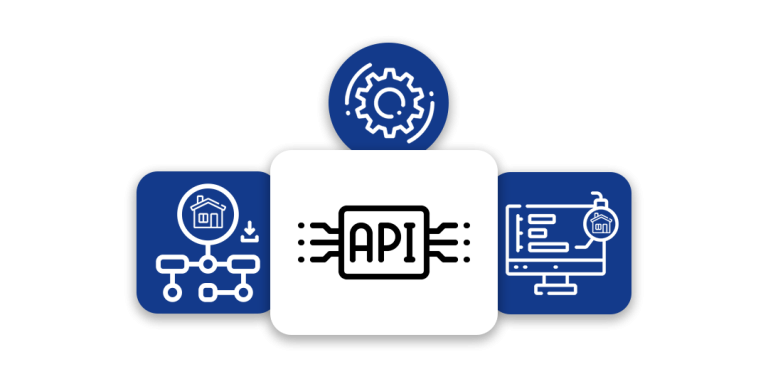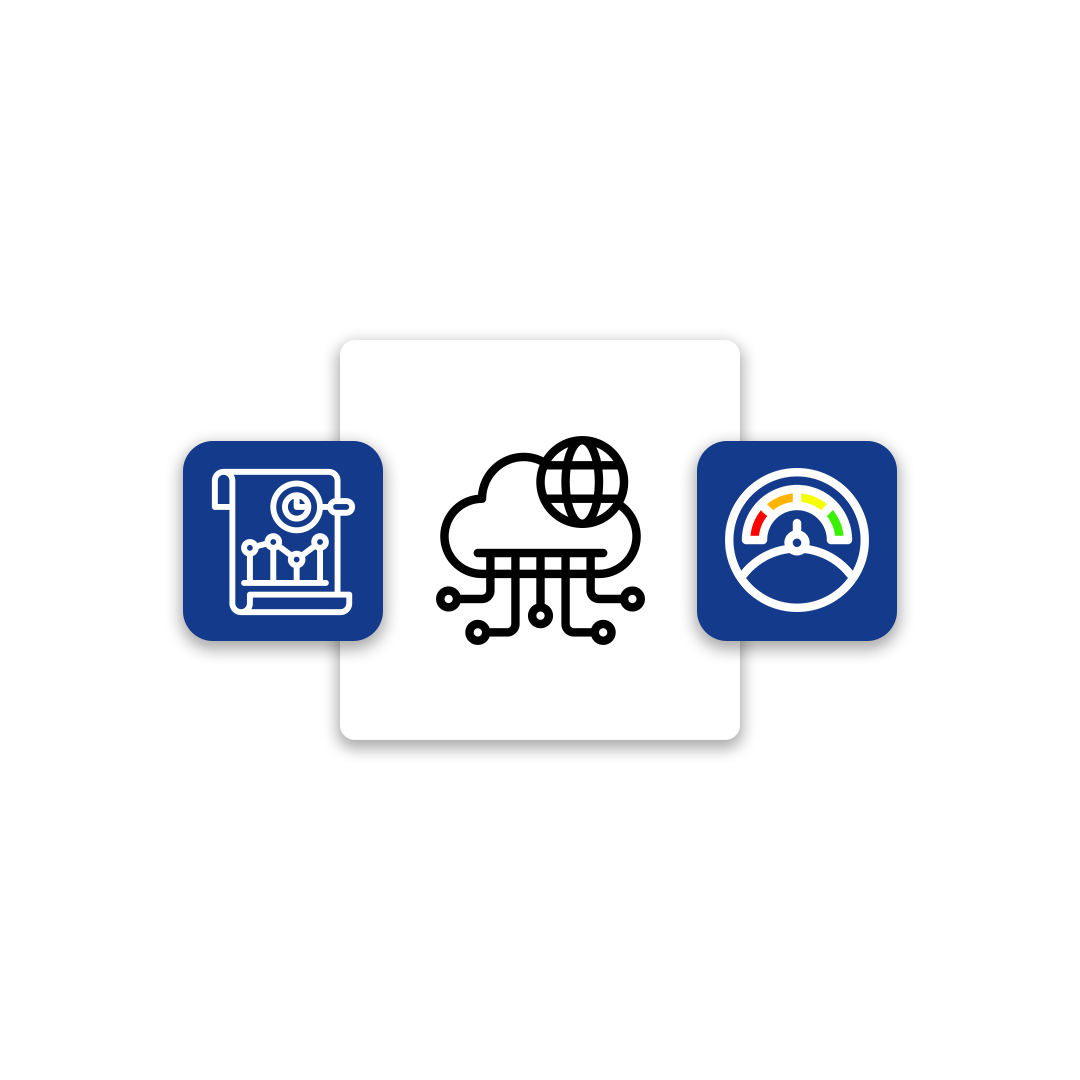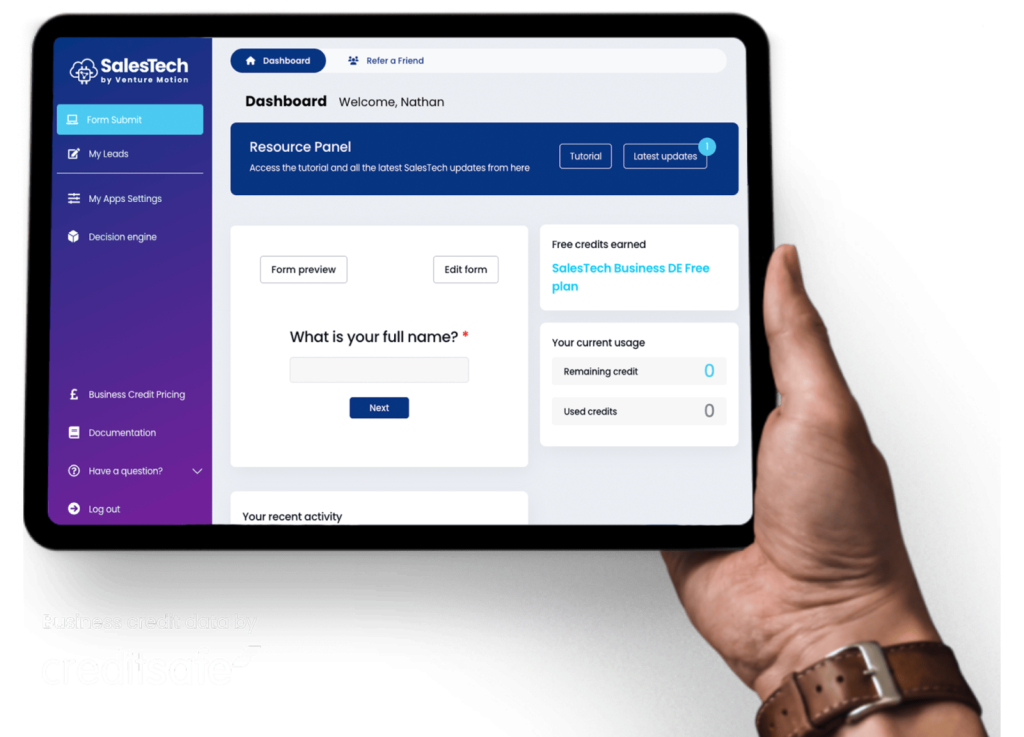Automating B2B due diligence

Due diligence is an essential part of the onboarding process for any B2B organisation. When large sums of money are involved – as is the case for those operating in B2B finance, brokerage, lending, and other financial services – the importance of due diligence is only enhanced.
But, as anyone working within these sectors knows, due diligence can be time and resource-intensive. Ensuring you accurately assess all potential risks and outcomes can require hours or days. For those making regular deals, excessive manpower is also a hurdle that needs to be overcome.
Overusing time and manpower is a major issue faced by those operating in the B2B space. While you may be able to regularly make deals and bring clients in, having a lacklustre due diligence process will leave you unable to focus on growing your business and boosting your profits.
In this article, we’ll be covering the value that automated due diligence can bring to businesses, as well as how you can get started with it today.
What is due diligence automation?
Lead scoring is a method used to evaluate and rank potential prospects based on their likelihood of becoming high-quality customers. Utilising a range of criteria, lead scoring can help you identify the high-value leads that you can turn into valued customers, clients or partners.
In B2B sectors such as brokerage, lending and more general finance, the criteria used to score your leads could cover a number of different areas such as a company’s creditworthiness, their financial stability, how many years they’ve been in business or even the company shareholders.
In many respects, lead scoring should be a fundamental preliminary step in your due diligence activities. While due diligence tends to involve more in-depth investigations into clients and customers, performing accurate, high-quality lead scoring can make the subsequent due diligence process far quicker and easier.
Why lead scoring is important
Due diligence automation is the process by which aspects of your B2B due diligence processes, such as credit checks, financial stability assessments, bankruptcy and CCJ checks and more, are processed either in part or fully, by automated systems.
As discussed, due diligence can be very time-consuming and resource-intensive, so being able to automate the process allows you to reap huge benefits when it comes to actually spending time on growing your business.
Due diligence automation can take many forms, and when you utilise high-quality automation systems, platforms or decision engines, you are also able to customise the automation process to ensure your needs are met. Some examples of what due diligence automations can include are:
– Document analysis
– Risk assessments
– Data management
– Compliance checks
– Report generation
– Workflow optimisation
– Logic-based decisioning
Of course, this is not an exhaustive list and, depending on your own needs, custom due diligence automations may be a better option than an off-the-shelf solution.
The benefits of automating your due diligence process
The benefits of introducing automation technology into your due diligence process can be most succinctly summarised into three categories: Increased efficiency, increased accuracy and increased scalability.
Efficiency
Automations will streamline your due diligence process, reducing the time and resources required to assess future leads, clients, borrowers and partners. With an automation system in place, you’ll be able to handle a larger volume of transactions without compromising on quality or increasing headcount.
Accuracy
Automated due diligence processes can analyse a broad number of datasets and documents with greater accuracy than a manual assessment could. Once set up correctly and to your specified criteria, an automation system eliminates the possibility of human error ensuring that the information on which you base your decision-making is more reliable.
Scalability
In increasing both the efficiency and accuracy of your due diligence process through automations, scalability is the natural next step. With the ability to handle larger volumes of data, onboarding new customers at a faster rate with fewer risks, you’ll be able to meet the demands necessary when entering larger markets. You’ll also have more time available to focus on the human connection necessary to broker bigger and more profitable deals.
Due diligence automation with SalesTech
Is it time you automated your due diligence process?
If you haven’t already moved into automation and decision solutions, there’s no better time to do so. The availability of automation systems is only increasing, and without adapting to modern solutions, you could easily find yourself outpaced.
Our SalesTech automation and decision engine is built with B2B lenders, brokers and other finance professionals in mind. With a fully customisable decision engine at your disposal, SalesTech is integrated into all of your existing processes to increase the accuracy and efficiency of your lead scoring, due diligence, and onboarding process to ensure you work with only the best leads.
To find out more about how SalesTech can benefit your business, get in touch with us today and our product specialists will be happy to give you a walkthrough.




